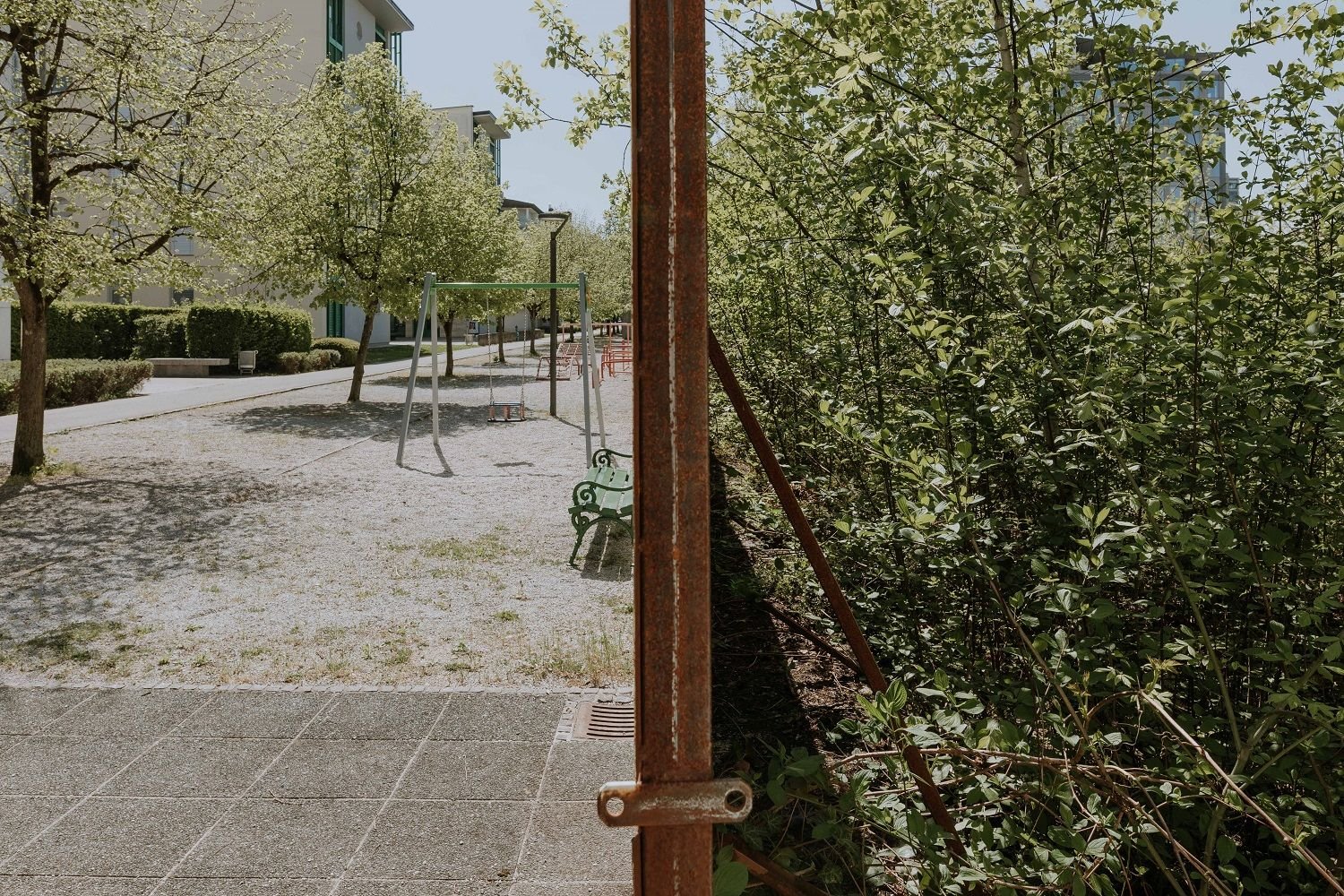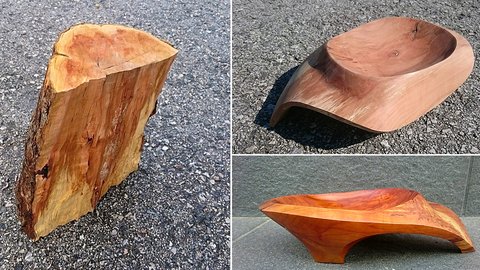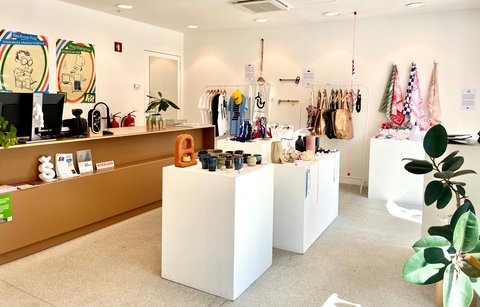A Crash Course in Crafting Biodiversity

The crash course designed by Trajna consists of two workshops co-led by Debra Solomon, Urška Škerl, and Alen Mangafić, that explore urban biodiversity stewardship through innovative practices. They are designed to enhance understanding of urban ecosystem management and spatial interventions.
10 & 11 September 2024 | Creative Laboratory Krater and other ecosystems across Ljubljana
Trajna will curate a crash course in urban biodiversity stewardship, which is to take place in the framework of its Crafting Biodiversity project. In collaboration with infrastructure activist Debra Solomon, landscape architect Urška Škerl, and geodesist Alen Mangafić they will present contemporary land stewardship practices that facilitate urban ecosystem defragmentation and urban development which takes into consideration the needs of all the species that inhabit a city. A two-day course offers an insight into the “radical observation” of urban(ized) ecosystems and natural processes, and provides guidance in dealing with the administrative practices that define them. The programme builds literacy in biodiversity-sensitive spatial interventions, from the protocols guiding municipal spatial planning and digital mapping tools to the conception of regenerative actions in streets, roads, or abandoned land plots. The event is a co-production with Krater collective.
You can register for the course or individual workshops, but make sure you clearly indicate the selected event. Registrations are taken on a first-come, first-served basis, so register early – the limit is 40 participants per workshop. You will be notified regarding your participation by 8 September, 14.00.
Radical Observation and Feral Cartographies
10 September 2024, 13.00–18.00, at Creative Laboratory Krater
Debra Solomon (infrastructure activist and artist) and Trajna
Radical Observation is a methodology developed by Solomon/Urbaniahoeve to teach natural world awareness towards ecosystem stewardship. It serves as a foundation for individuals and groups preparing to ask design questions and reach decisions about their upcoming ecological interventions. Individually performed exercises prepare group members in consolidating their vision. Through regular practice of radical observation, individuals come to understand the patterns and rhythms of the ecosystem, and experience the self as its part, gradually becoming a knowledgeable steward. Practitioners of radical observation exercises assume observation postures for periods ranging from 10 minutes to an hour and even a month, incorporating specific perspectives towards the ongoing natural world processes and entropy. Developed over years of teaching, the technique focuses attention on processes occurring over time, i.e. plants growing throughout seasons, plant communities wandering through space, and habitats accommodating ever more plant and animal life.
The workshop incorporates a discussion on three urban typologies in Ljubljana, and the design of an intervention aimed at improving their biodiversity. The participants are invited to come by bike.
Spatial Analysis and Mapping with Public Spatial Data
11 September 2024, 13:00 – 18:00, Creative Laboratory Krater
Urška Škerl (landscape architect and visual artist) and Alen Mangafić (geodesist and researcher, Geodetic Institute of Slovenia)
Using public spatial data we will analyse the situation of the location and its expected spatial development in order to better understand the big picture of spatial development and possible interventions. The results will be analysed and processed using open-source software and tools for geodetic information systems, such as QGIS, QField and Openstreetmap (OSM). By overlaying the visualized data, such as intended land use, applicable and anticipated planning documents (municipal spatial plan and detailed spatial plan), public areas, infrastructure, and others, we will analyse the intersections, and draw a map of potential programmatic synchronicities within a space and the connectivity of presently dispersed areas. The input data will be processed using QGIS and the output data (maps of added contents developed at the workshop) uploaded on the free OSM portal, which supports international exchange. We will be introduced to tools that can be used in critical mapping and counter-cartography.
See more
ONDU

Professional large-format ONDU instruments, developed at Center Rog under the guidance of founder Elvis Halilović, are dedicated to the design and production of a professional line of large-format cameras. These high-end analog instrumen...




